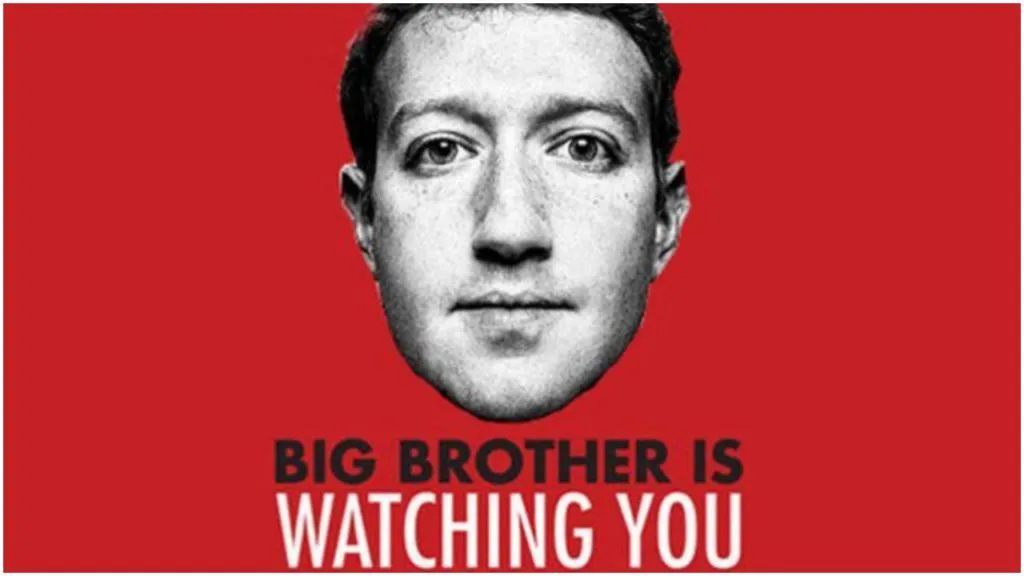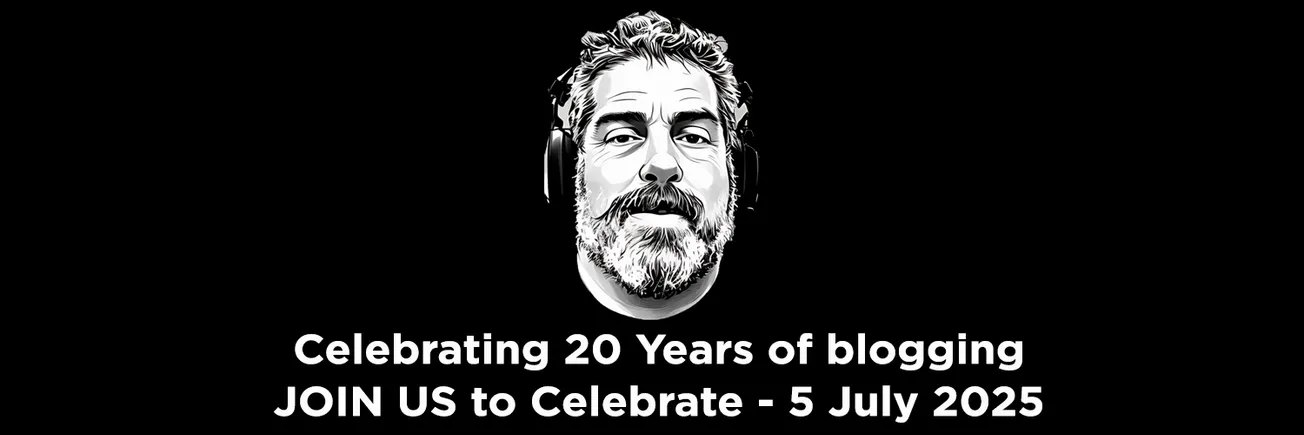Table of Contents
We find ourselves in the curious situation of having greater potential to communicate with each other than any generation in human history, yet more constrained in what we are allowed to say since they stopped issuing auto-da-fés.
We are also in the unenviable position of having the very people who have long fretted about the power of corporations to control private citizens, happily acquiescing as powerful corporations more and more stringently restrict what private citizens may publicly say. We live, in fact, in the first flush of the “really efficient totalitarian state” imagined by Aldous Huxley, “in which the all-powerful executive of political bosses and their army of managers control a population of slaves who do not have to be coerced, because they love their servitude”.
Luckily, one powerful person is prepared to fight the good fight for freedom.
Donald Trump is preparing to unleash the Department of Justice and the Federal Trade Commission as antitrust warriors against the tech giants. And good on him. Breaking up the monopolies on speech might save us—particularly anyone right-of-center—from encroaching online deplatforming, and preserve our ability to hear ideas outside echo chambers of bullied consensus.
It’s irrelevant, of course, whether the “us” is right-of-centre, left-of-centre, or far-left. Free speech denied to anyone is free speech denied to all. This is a fight for the freedom of the left as much as the right. The enemy is social media.
The First Amendment doesn’t restrain censorship by private social media companies. Thus have progressives today reveled in their newfound power to enforce their own opinions through deplatforming. That only works because the platforms matter as near-monopolies…If you end the monopolies, you defang deplatforming.
For much of American history, the media published things—on paper, then on radio, movies, TV, art shows, the Internet, and so on—and the First Amendment protected them…then social media hit some kind of cultural saturation point around the 2016 election.
People couldn’t produce and consume enough opinion, and even traditional media dumped old-timey reporting in favor of doing stories based on what others posted online…then, with the election of Donald Trump and backlash against his speech, some began not just to tolerate but to demand censorship.
What the left have utterly failed to grasp is that they are creating a noose for their own necks the moment they set out to hang Alex Jones or Milo Yiannopulous. No corporation lasts forever (does anyone even remember the once-titans Anaconda Copper and Standard Oil?), and if the next monopolist starts deplatforming the left, what recourse will they have left?
Two visions of free speech have now taken hold in America. One is widely dismissed as dangerous because it fights for a marketplace of ideas that could include hate speech, while another dances a jig because America’s new censors are ideologically sympathetic corporations currently supporting the progressive agenda. The latter group is comprised of people seemingly unable to project a future where those corporate censors might support a different set of views.
Social media companies have been playing a deceitful game, insisting that they are “platforms” with no transparency, answerable to no-one, but acting like publishers who ideologically manipulate their content. Silicon Valley has subverted the First Amendment, that shining achievement of the Enlightenment and American democracy.
The best recourse to hand is using anti-trust to demolish the tech giants’ monopolies.
Breaking through the platform-publisher question will require years of court battles…Yet social media entities’ control over speech is so significant that a more immediate solution is demanded…The Department of Justice is preparing to investigate Google’s parent company, Alphabet, while the Federal Trade Commission is doing the same for Facebook. The goal may be to break the tech giants into multiple smaller companies, as was done at the dawn of mass electronic communication in America.
If Franklin, Jefferson, Adams and the other titans of the American Enlightenment were alive today, they would be astonished and appalled to see how Americans have so eagerly traded freedom for corporate tyranny.
The end of social media mega-companies, with none big enough to effectively silence any significant amount of speech, would be a clumsy fix for a problem the Founders never imagined—citizens demanding corporate censorship because they don’t like the results of an election. It is nowhere near the comprehensive solution of an expanded First Amendment that a democracy should grant itself. But in a world where progressives fail to understand the value of free speech, it may provide enough of a dike to hold back the waters until reason again takes hold.
intellectualtakeout






